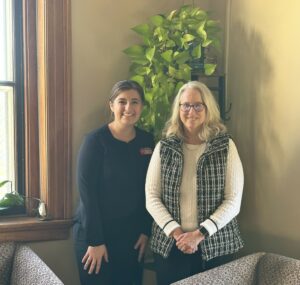UW-Madison College of Agricultural and Life Sciences Dean Glenda Gillaspy reflects on her first three semesters on campus. She says the two most common issues that come to her desk are decreasing enrollment trends and the status of production agriculture education on campus.
CALS has seen enrollment grow 20 percent over the past two years. Gillaspy notes the first year was likely due to an overall increase in enrollment at UW-Madison. But the second year was due to renewed energy and enthusiasm in the college to recruit students, she says.
Gillaspy argues traditional, production agriculture majors remain strong on campus.
“I think that almost all of our majors go across the spectrum from traditional production ag to science to life sciences,” she says. “When students come to us, they’re not coming here to learn just traditional agriculture… they’re coming so that they are lifelong learners and can solve the problems they’re going to encounter in those careers.”
Ahead of the new year, the UW Board of Regents approved a deal with state lawmakers to free up more funding and infrastructure spending which CALS will use across its research stations. One item is that UW-Madison will admit the top 5 percent of graduates from Wisconsin high schools based on their GPA ranking.
“Whether or not that can help change some perceptions, especially in rural parts of the state where students might come from more traditional ag families… it’ll be interesting to us to see how that possibility shapes our enrollment trends,” she says.
Also in her interview with Mid-West Farm Report, Gillaspy outlines how CALS is part of a project spanning three areas: weather stations, rural livability, and indigenous food systems. Finally, she says she sees an opportunity for the college to explore more ways farmers can meet the market and political demands of environmental and economic sustainability.


